Thermoforming machines are designed for different product types and production requirements. We recommend identifying your core product category first and then selecting equipment that best fits those needs. No single machine can cover every product in the market, focusing on your main products ensures efficiency and market success.
Common plastic packaging materials include PP, PET, PVC, HIPS, and BOPS:
By changing molds, the same machine can produce different products. The key condition is that the production volume and product specifications must meet the requirements of the chosen machine model.
Once your order is confirmed, we design the molds based on your product samples and share the drawings for your approval. After confirming the design and dimensions, we proceed with mold manufacturing.
Our standard payment options are T/T and L/C. If you require alternative methods, please contact us to discuss suitable arrangements.
When your machines arrive, we send 1-2 experienced engineers to your site for installation and operator training. Common technical issues can be solved through photos and video guidance, and in the case of major problems, engineers can be dispatched for on-site support. All machines include a one-year warranty from the date of shipment. During this period, any issues will be resolved promptly by our service team.
Our thermoforming machines can produce a wide range of containers used for hot & cold ready-to-eat meals, takeaway food, fresh fruit, vegetable and meal, bakery bread, cookie, snacks, and other packaged foods. They are also suitable for manufacturing disposable tableware items, such as trays, plates, plastic cutlery trays.
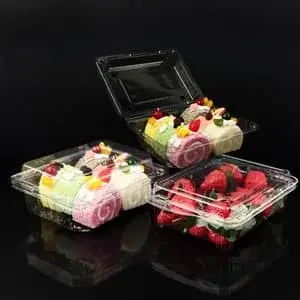
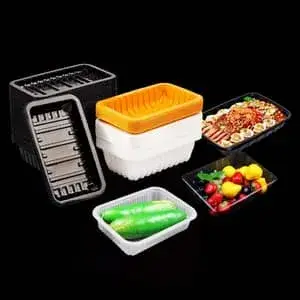
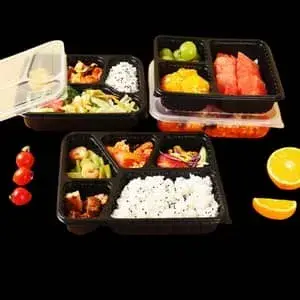
Our plastic cup thermoforming machines can manufacture a variety of plastic cups and matching lids, meeting the packaging needs of beverage producers.
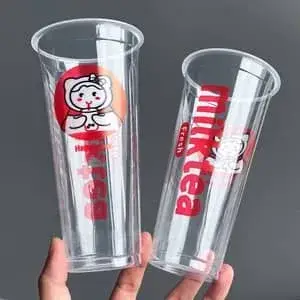
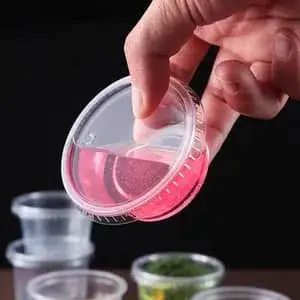
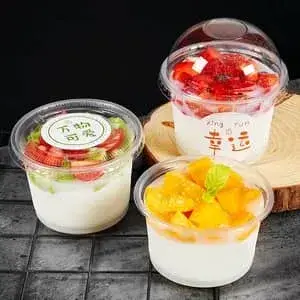
Our thermoforming machines can produce plastic containers for daily-use products, as well as small industrial parts packaging boxes and electronic component trays.
Yes, we supply distributors with product manuals, multi-angle images, demonstration videos, and case studies. These materials include equipment specifications, application scenarios, and customer cases, and can be provided free of charge to support market promotion.
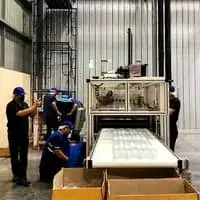
Yes, our overseas service team offers on-site installation and commissioning to ensure proper connection of mechanical, electrical, and pneumatic systems. We also train operators on parameter settings, daily maintenance, and operation, ensuring smooth and reliable use of the machines.
If flexibility and lower investment costs are priorities, and local labor costs are relatively low, a single-station thermoforming machine is a practical choice. It allows for easy mold changes and the ability to produce different products while keeping initial investment affordable.
For large-scale production, multi-station thermoforming machines are generally the superior choice. Leveraging the advantage of multiple stations operating simultaneously, they achieve higher output and a far greater degree of automation than single-station models.
However, we must not overlook the specific characteristics of the product. We must recommend the most suitable machine type to the customer based on the final product requirements they provide.
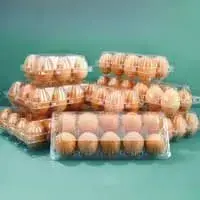
Yes, our thermoforming machine is equipped with an intelligent temperature control system. It offers automatic fault diagnosis, data storage for up to 1,000 sets, and real-time monitoring, helping detect issues early and minimize production loss.
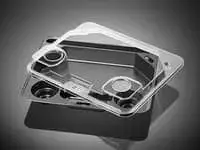
A multi-station plastic thermoforming machine with positive and negative pressure forming is recommended. It can handle complex structures while delivering more uniform wall thickness, ensuring better accuracy and sealing performance.
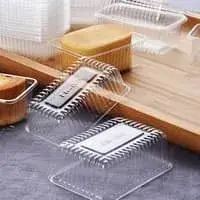
The plastic thermoforming machine with positive and negative pressure forming is the preferred choice. It provides more uniform thickness and better material distribution, producing smoother surfaces and reducing internal stress. This results in higher transparency for finished products.
Start-ups typically develop a wide variety of products, at which point the demands on moulding costs are extremely high.
The multi-station plastic vacuum (negative pressure) forming machine is a practical choice. It has a simpler structure, lower investment cost, and easier operation and maintenance. While suited for less complex containers, it still supports efficient production.
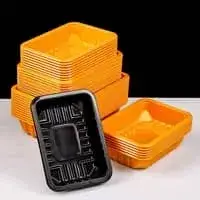
Lunch takeaway boxes are typically manufactured from polypropylene (PP) material.
Should the factory require precise die-cutting with no burrs along the outer edges, we recommend employing single-station in-mould trimming machines.
Recommend ATC-75/52 (750×520mm) models.
Where production volume demands take precedence over die-cutting precision, we advise utilising multi-station forming machines.
Recommend ATM-76/65 (760×650mm) or ATM-75/85 (750x850mm) models.
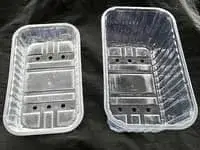
Our negative pressure three-station thermoforming machine boasts extensive case studies demonstrating its highly successful capability to simultaneously perform trimming, punching, and waste removal during the punching station for PS/PET products.

Typically, plastic cups and bowls are manufactured from highly transparent materials such as polypropylene (PP) and polyethylene terephthalate (PET). This demands exceptionally high standards in stretch forming technology, and our thermoforming machines for plastic cups can provide customers with production capabilities.
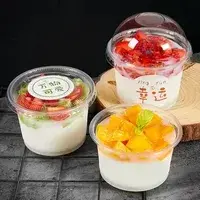
Yes, ice cream cup is made from PET material, this plastic cup forming machine supports thermoforming processes using polyethylene terephthalate (PET) materials, ensuring compliance with the hygiene standards and transparency requirements necessary for food packaging. It can be used to manufacture ice cream cups in a variety of complex shapes.
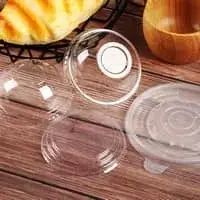
Plastic cup lids are primarily categorised into three materials: PET, PP, and BOPS.
When producing solely PET lids, the recommended models are HY-70/80 (700×800mm) and ATC-45/28 (450×280mm).
For producing both PP and PET lids, the recommended models are ATM-76/65 (760×650mm) and ATC-45/32 (450×320mm).
For manufacturing BOPS lids, the recommended models are HY-70/80 (700×800mm), HY-51/62 (510×620mm), and HY-63/78 (630×780mm).
Discover reliable plastic processing machines for disposable plastic containers - connect with our experts today!